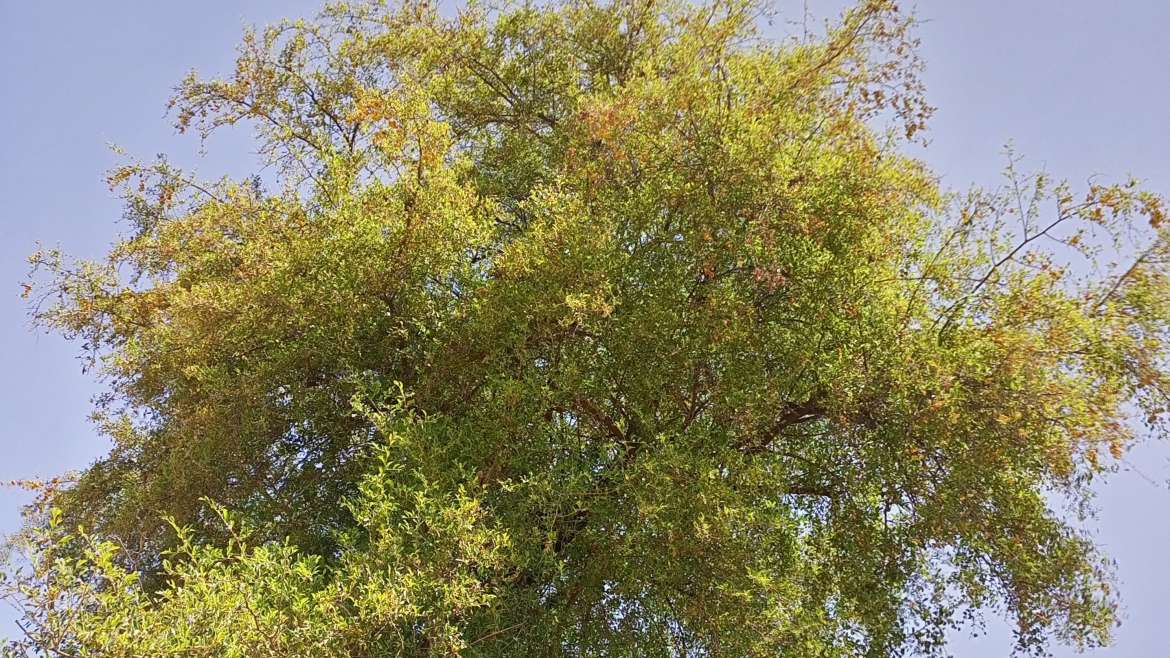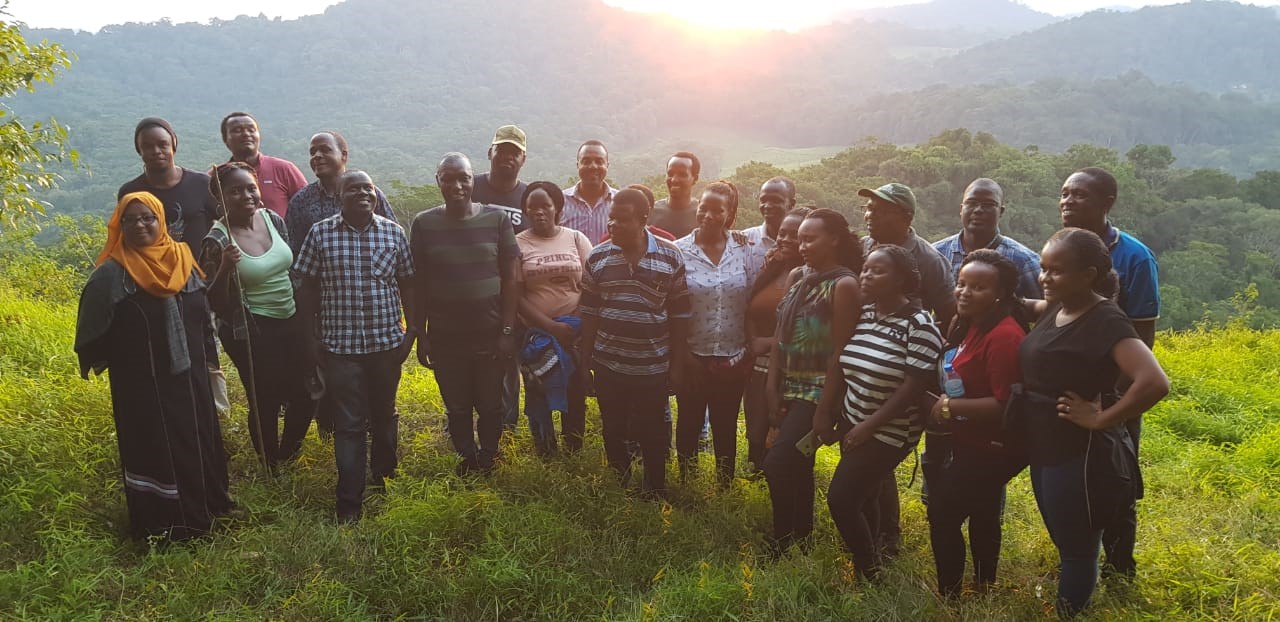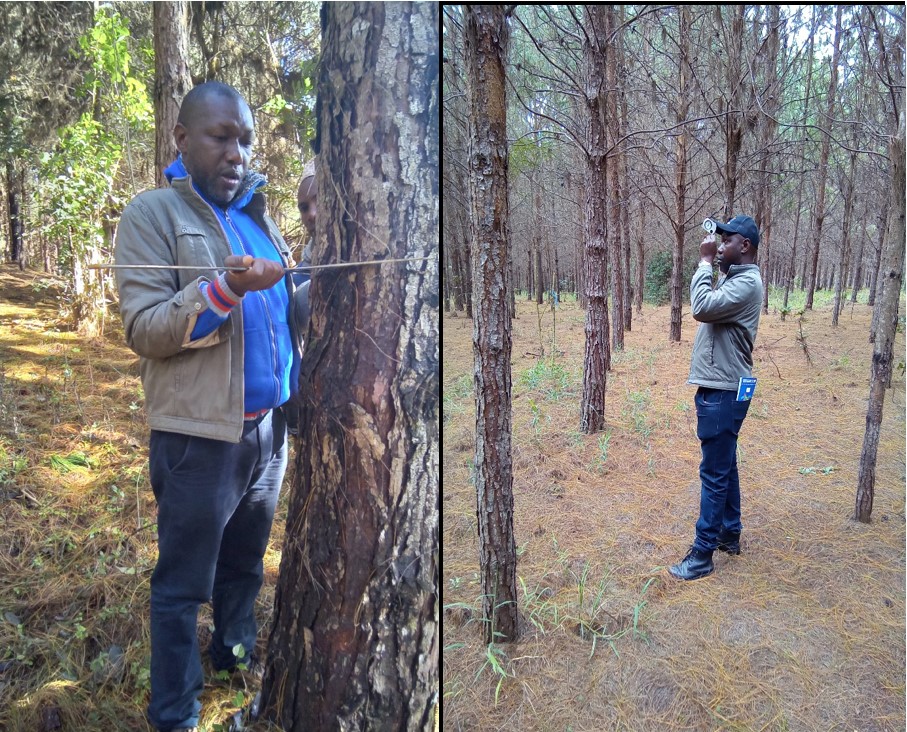Tigabu Redae
PhD student under REFOREST Programme at Sokoine University of Agriculture
During my studies and at SUA in Tanzania, I got the opportunity to learn about various tropical ecosystems and their management and challenges. I got equipped with different practical forest management and utilization activities which made me think critically on practical forest management issues applicable to my country, Ethiopia.
I am carrying out research on the socio-economics of multipurpose indigenous fruit tree species Ziziphus mauritiana (Rhamnaceae). This tree species produces highly nutritious edible fruits and is drought resistant. The tree can survive and provide fruits even during the dry seasons which makes it a candidate for promotion in areas where the amount of rainfall is low. It can be grown and produce fruits in homesteads, farmlands, grazing areas and along the roads.
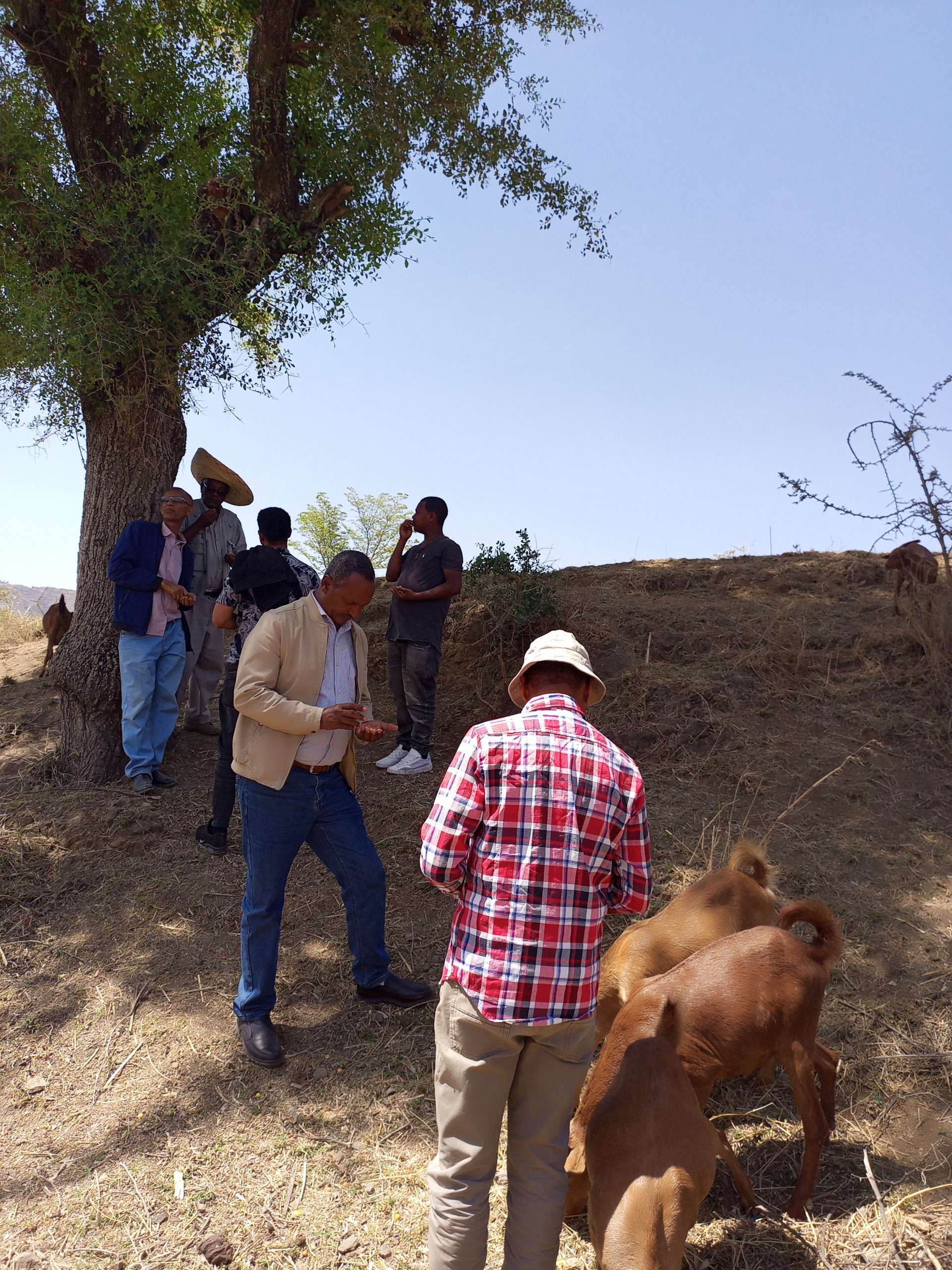
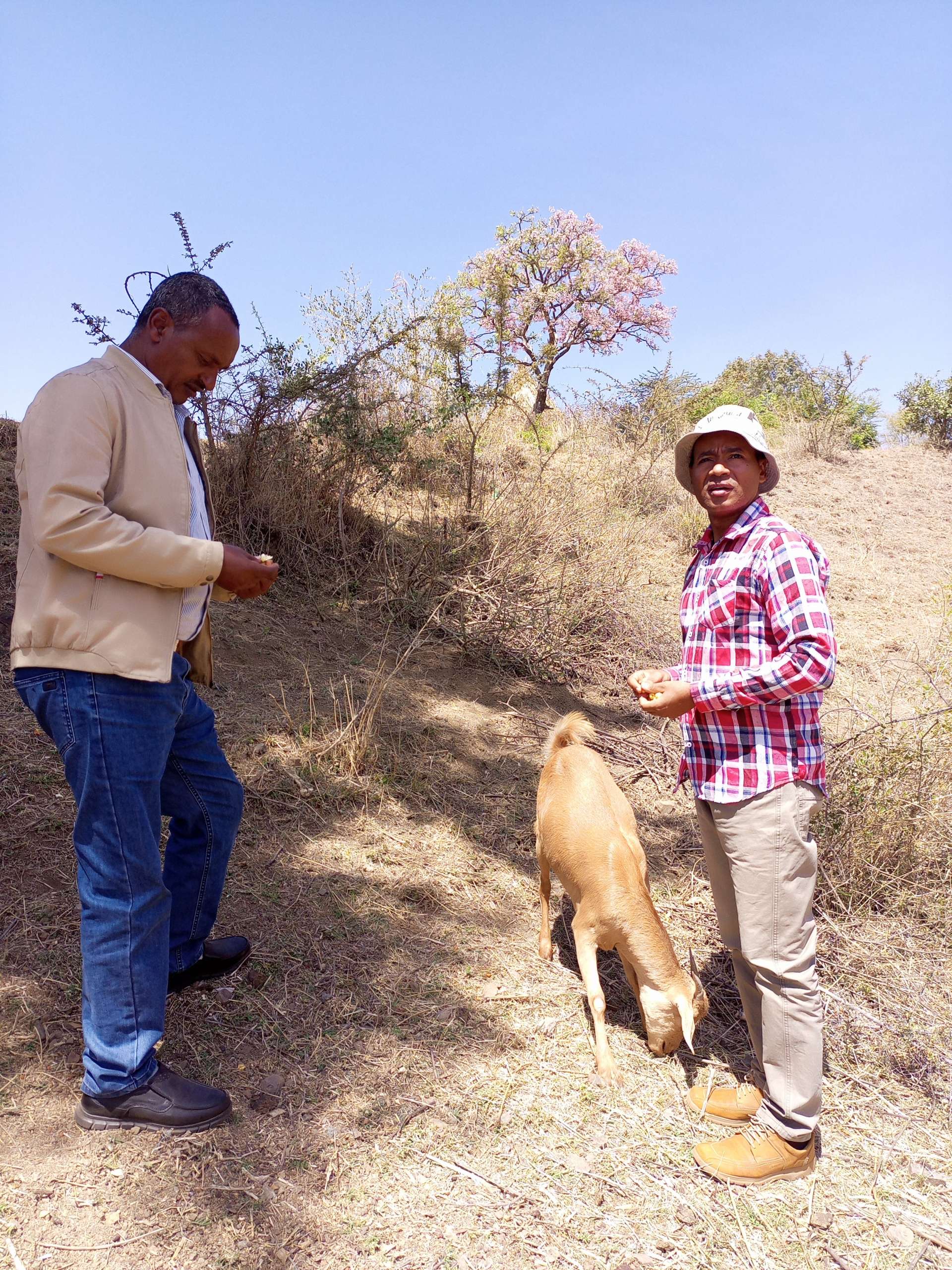
Fig.1: Visiting Bati study site with supervisors; observing Ziziphus fruits
I am specifically looking at the diversity of insect pests of Z. mauritiana in relation to land use types, site, seasonal gradients, and management aspects of Ziziphus fruits, and assessing the local community’s indigenous knowledge on management of this species in Ethiopia.
To utilize the full potential and enhance the benefits of this fruit tree to the local communities, it is crucial to capture and understand the existing knowledge on management and utilization. I am working to identify the production challenges to improved productivity. My study is focused in the regions of Bati and Olenchiti based on the abundance of Ziziphus trees and the existence of markets where Ziziphus fruits are sold, mostly by women.
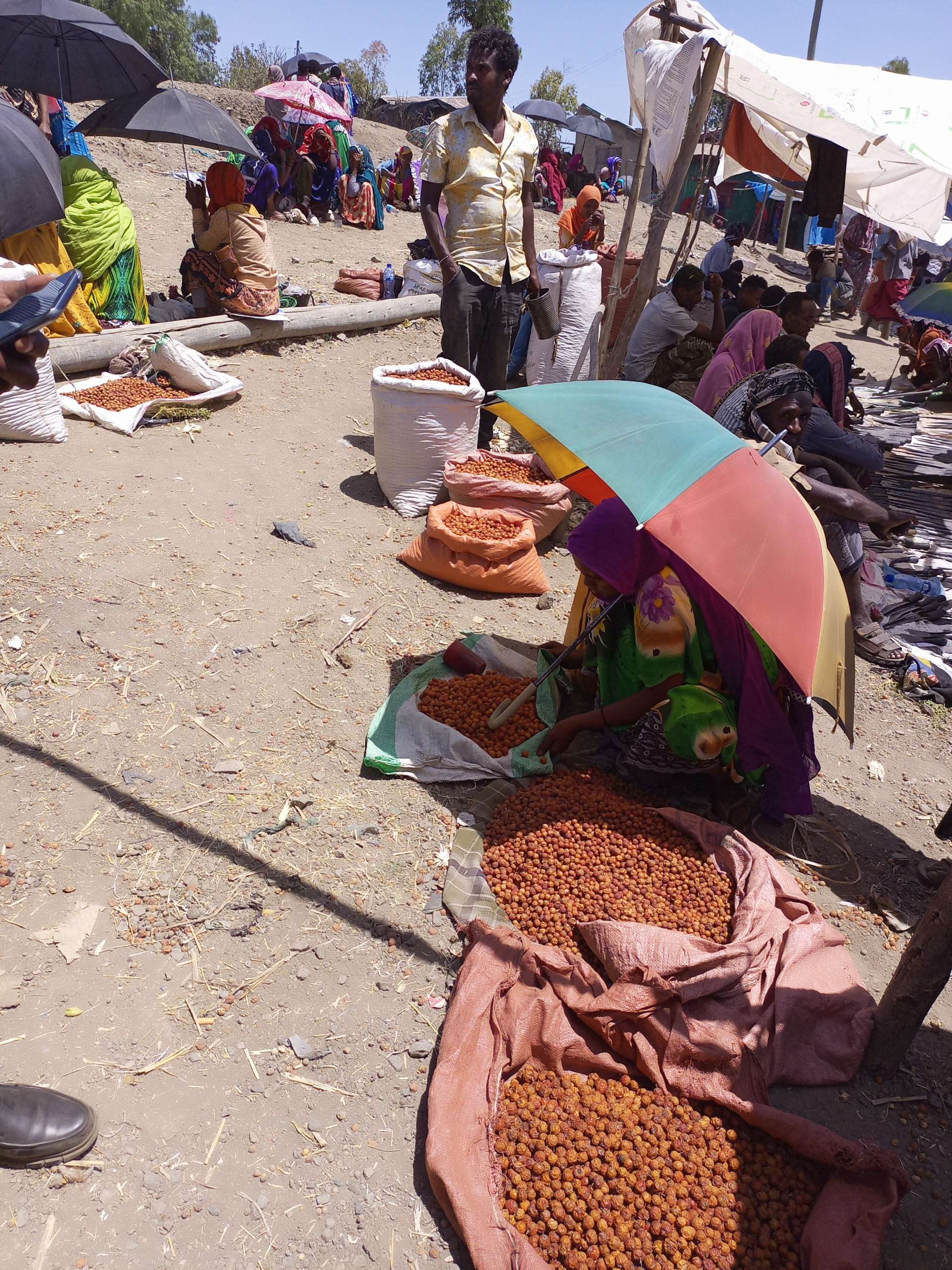
Fig.2: Young and adult women selling dried fruits of Ziziphus at Bati market
It is apparent that in Olenchiti communities the utilization of Ziziphus fruits is not as active as those in Bati. The two sites are very far from each other (about 700 km) providing the opportunity to study variations in cultures and in insects affecting fruits across agroecological zones, but also differences in socio-economic conditions as well as culture of local communities and management strategies.
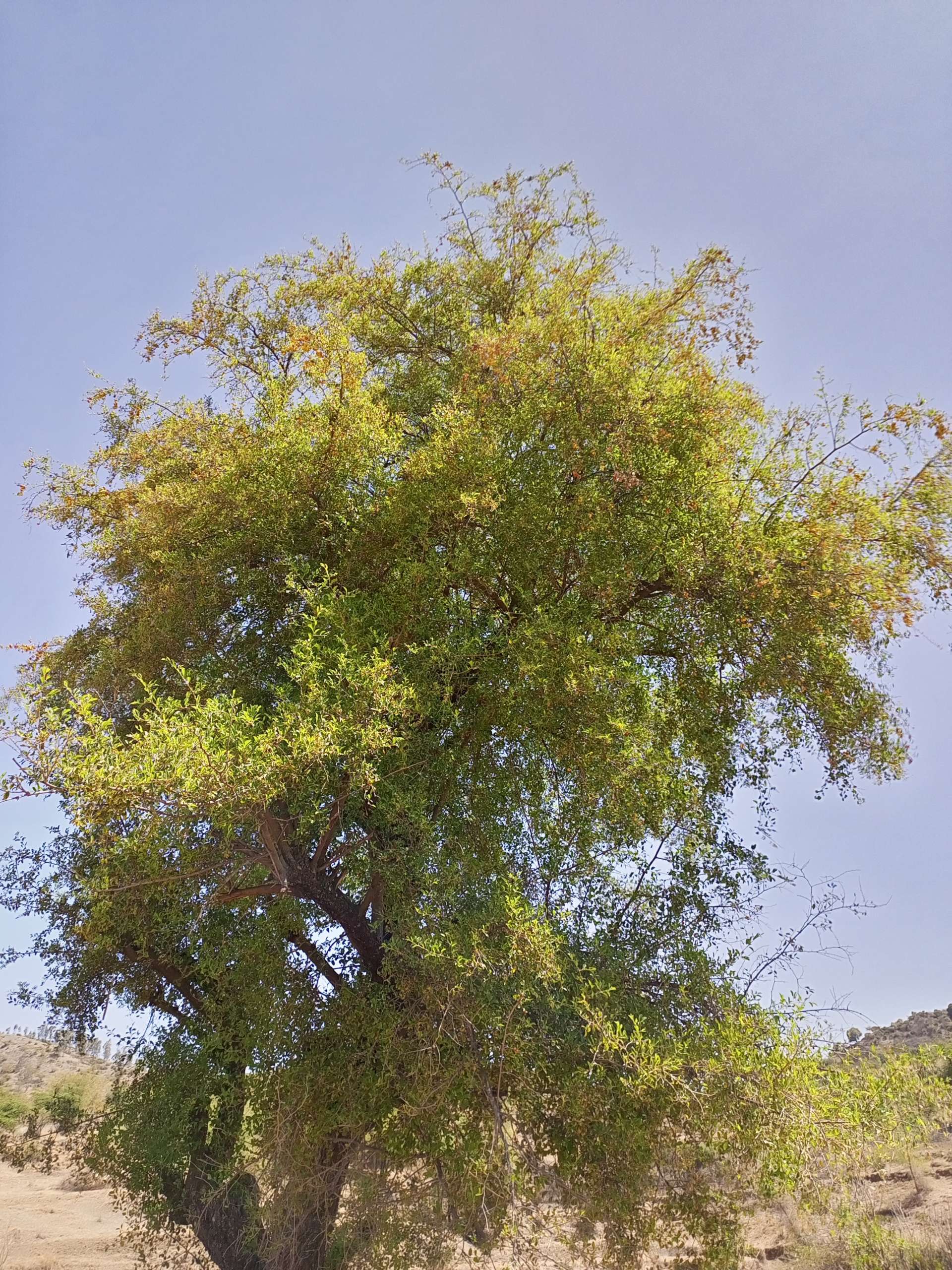
Fig.3: Green Ziziphus tree with fruits in farmlands in Olenchiti
My study will help to generate information about the existing indigenous knowledge of local communities on the management and utilization of Z. mauritiana, the species of insect pests associated with Z. mauritiana. Identifying the most dominant insect pests, and understanding how the different underlying factors affect the incidence and diversity of insect pests of Z. mauritiana fruit trees will hopefully lead to the development of ways and means to overcome productivity challenges. We envision that the study will lead to improved Ziziphus tree management options that will minimize the negative impact of the insect pests.


